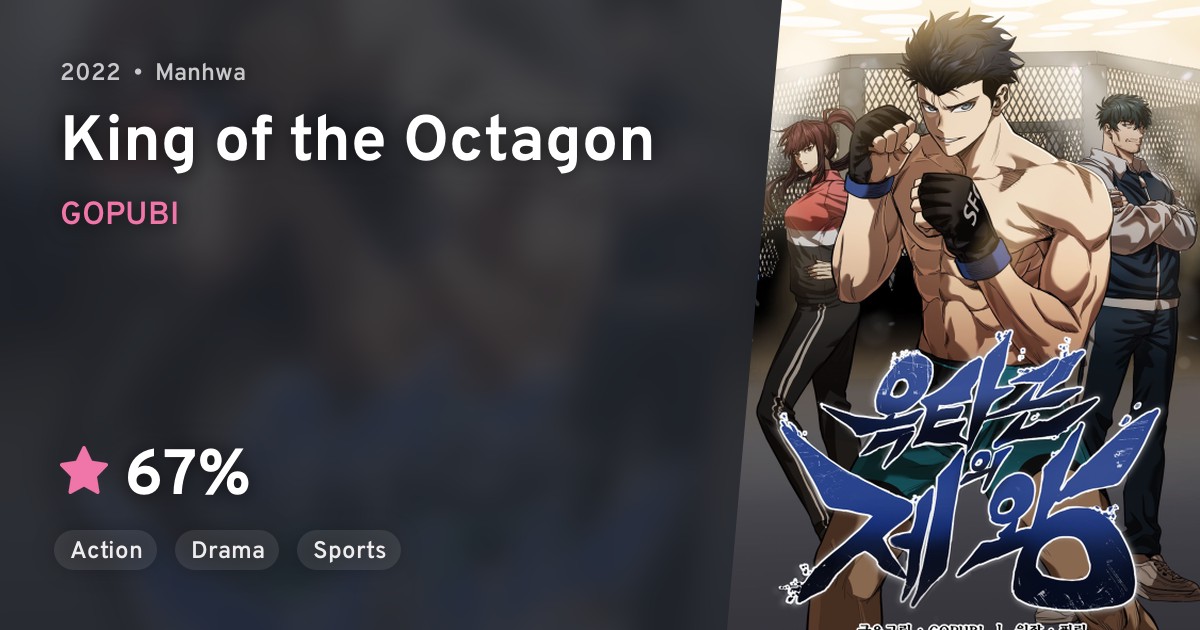The world of mixed martial arts is a crucible of human endeavor, where athletes push the boundaries of physical and mental fortitude. Yet, amidst the spectacular knockouts and submissions, a quiet, insidious element often casts a long shadow: the controversial decision. These moments, where subjective human judgment overrides objective performance in the eyes of many, don`t just decide a single fight; they can alter careers, reshape legacies, and ignite debates that echo for years.
One such moment remains etched in the collective memory of fight fans: the UFC 247 light heavyweight title clash in February 2020 between then-champion Jon “Bones” Jones and the challenger Dominick “The Dominator” Reyes. On paper, Jones emerged victorious via unanimous decision, retaining his coveted belt. But the immediate aftermath, and indeed the subsequent half-decade, has been characterized by persistent, passionate disagreement, perhaps best encapsulated by the vocal frustration of seasoned commentator and podcaster, Joe Rogan.
Joe Rogan`s Outburst: A Symptom of Deeper Issues
Rogan, who has witnessed countless battles from his ringside perch, minced no words in his assessment of one particular scorecard. While two judges saw the contest as a razor-thin 48-47 for Jones – a score indicating a highly competitive bout – a third judge inexplicably scored it 49-46. For those keeping score at home, that`s a 4-1 round advantage for Jones, an assessment that Rogan branded “insane.” It wasn`t merely a difference of opinion; it was, in his view, a profound misreading of a fight where Reyes, for long stretches, appeared to outstrike and outmaneuver the long-reigning champion.
The fury in Rogan`s voice wasn`t just about a single fight; it was an exasperated cry against the perceived injustice that can derail a fighter`s crowning moment. His blunt assessment — that such a scorecard was “insane” and disrespectful to Reyes`s performance — resonated deeply with a significant portion of the fanbase who felt a similar sense of disbelief.
Such glaring discrepancies in judging are more than just a footnote; they`re a crack in the foundation of sporting integrity. When expert commentators, steeped in the nuances of combat, vehemently disagree with a professional judge`s assessment, it signals a deeper problem with the application, or perhaps even the understanding, of scoring criteria. It leaves fans questioning the fairness of the sport they invest so much emotion into, and fighters wondering if their destiny truly lies in their own hands, or in the subjective pen strokes of a panel.
The Unforgiving Aftermath: Dominick Reyes`s Long Road Back
The ramifications for Dominick Reyes were stark. That contested loss to Jon Jones, a fight many believed he won, marked the beginning of a challenging period. He subsequently endured a four-fight losing streak, a brutal tumble from the sport`s elite. It`s a cruel irony that a performance many consider his best, a valiant effort against arguably the greatest of all time, became the catalyst for such a downturn. The mental and physical toll of such a trajectory is immense, testing the resolve of even the most hardened warriors.
Yet, the narrative of Dominick Reyes is far from over. Through sheer resilience and undeniable grit, “The Dominator” has clawed his way back, embarking on a three-fight winning streak. This resurgence culminates in a pivotal main event at UFC Perth, where he faces Carlos Ulberg. This fight isn`t just another bout; it`s a testament to enduring spirit, a chance to reclaim what many felt was unjustly taken, and potentially to earn a second shot at the light heavyweight gold – a rematch against the winner of the upcoming Magomed Ankalaev vs. Alex Pereira title clash at UFC 320.
The saga of Jones vs. Reyes, and Rogan`s visceral reaction to its scoring, serves as a microcosm for a larger, perennial debate in combat sports. How do we ensure fairness when human interpretation is the final arbiter? While perfect objectivity may remain an elusive ideal, the passionate responses of commentators, the emotional investment of fans, and the arduous journeys of fighters like Dominick Reyes underscore the profound need for transparency, consistency, and accountability in judging. Because in a sport where fortunes can turn on a single punch, or a single scorecard, the integrity of the outcome is paramount. The “ghost in the octagon” – the specter of a misjudged fight – continues to haunt, reminding us that every decision, even the most controversial, leaves an indelible mark on the landscape of MMA.

